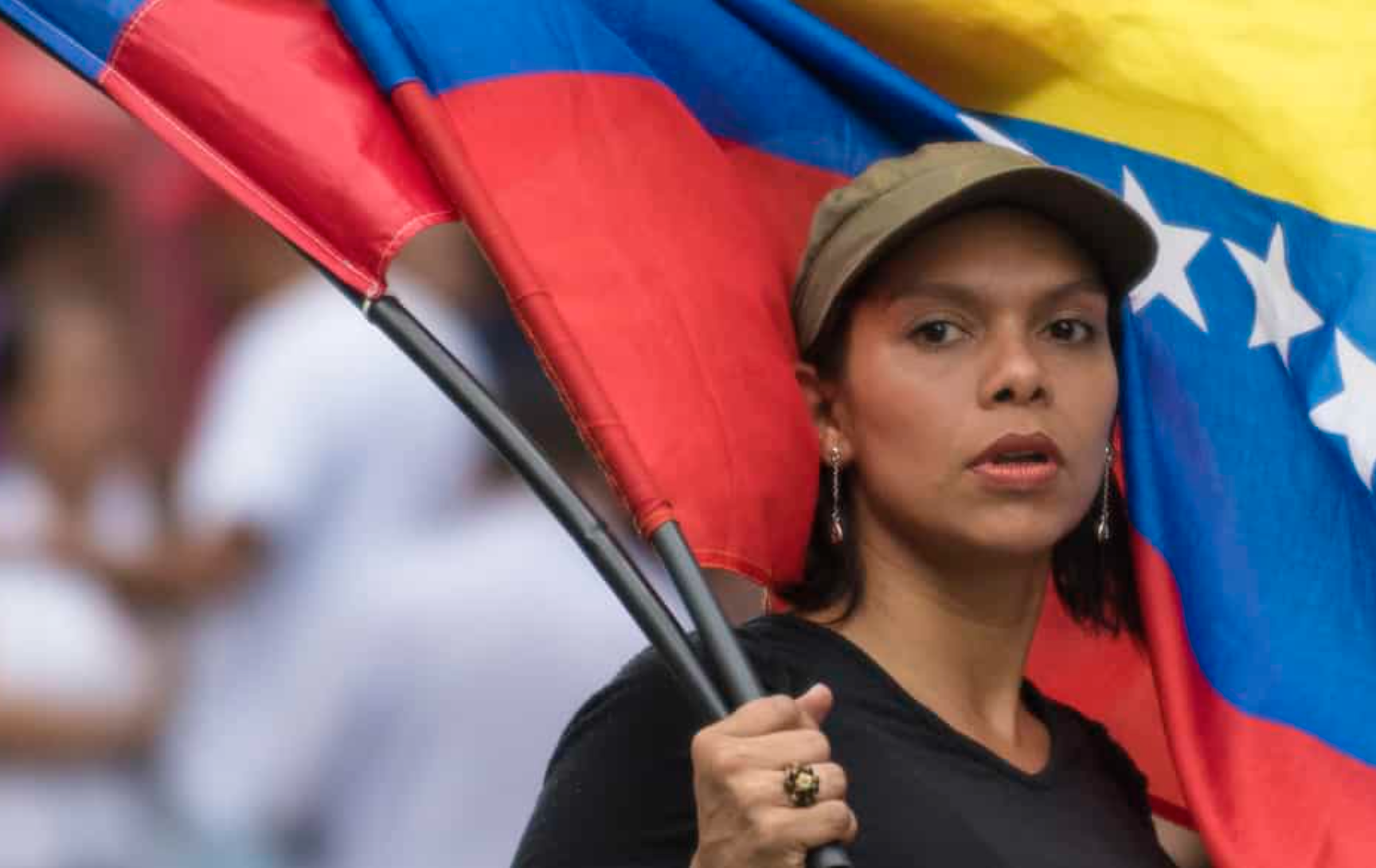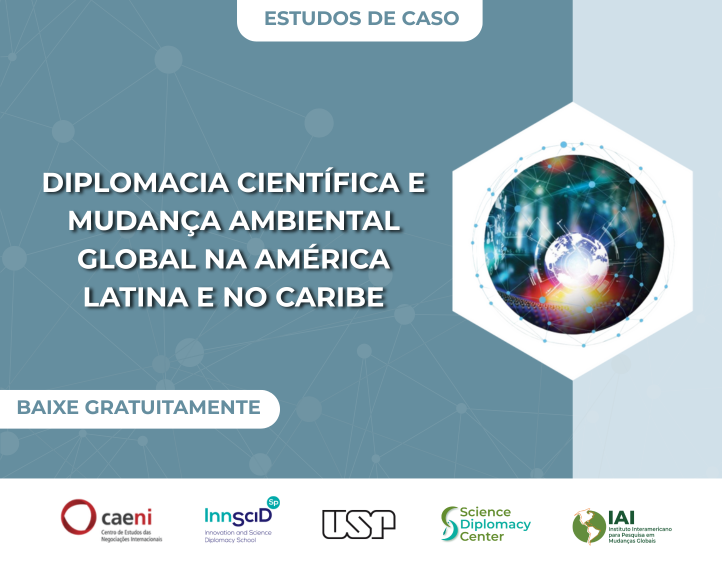Segundo uma pesquisa realizada em julho pela Universidade Católica Andrés Bello e pelo Instituto Delphos, a intenção de voto a favor do candidato da Plataforma Unitária Democrática (PUC), Edmundo González Urrutia, é de 59,3% e para o candidato do Partido Socialista Unido da Venezuela (PSUV), presidente em exercício, Nicolás Maduro Mora, é de 34,8%. Isso implica uma diferença clara de mais de vinte pontos percentuais a favor do PUC.
Embora os dados mostrem uma clara vantagem para o candidato da oposição, isso não é suficiente para assegurar que será o eventual vencedor e que, se essa tendência continuar nesses últimos dias antes das eleições de 28 de julho, será proclamado vencedor pelo órgão eleitoral, o Conselho Nacional Eleitoral (CNE).
Sabe-se que uma pesquisa eleitoral é a fotografia de um momento, mas não é a única coisa que deve-se levar em conta para uma mudança política, sobretudo em um contexto tão complexo como o sistema político venezuelano, onde há outros aspectos que devem ser considerados.
As vias e os caminhos
Um fato notório na Venezuela é que não estamos na presença de um regime democrático que respeite as regras eleitorais, a separação de poderes e a institucionalidade. Trata-se de um governo autoritário que cooptou todas as instituições do Estado. Embora os diferentes ramos do poder público sejam mantidos, na prática, as instruções vindas de Miraflores são seguidas.
Ademais, as hierarquias mais altas das Forças Armadas, principalmente por interesse pessoal e patrimonial, são próximas de Nicolás Maduro. Em um cenário em que Edmundo González Urrutia obtivesse a maioria dos votos e o governo de Maduro reconhecesse sua vitória, o grande desafio seria assegurar a governabilidade diante de uma institucionalidade militar e de poderes públicos claramente chavistas, incluindo a Assembleia Nacional majoritariamente composta por partidários do governo. Ao mesmo tempo, as ações das cúpulas militares e seu respeito à constituição e ao Estado de Direito serão de particular importância.
Também deve-se levar em conta que a posse do novo presidente (no caso de uma mudança) seria em janeiro de 2025, o que implicaria seis longos meses nos quais a situação interna poderia ser particularmente complexa. E, diante de tanta incerteza, parece haver certeza de que, após as eleições presidenciais, haverá uma transformação na Venezuela e, embora não se saiba o rumo, será marcada por situações que podem colocar em risco a governabilidade do país.
Outro fator é que pode ser muito custoso para os líderes do regime deixar o poder e só o fariam se não tivessem outra via, o que implicaria o estabelecimento de canais de negociação, com a desconfiança desse mecanismo pelos resultados obtidos nas várias instâncias de diálogo estabelecidas entre a oposição, ou parte dela, e o governo de Maduro.
Se não houver negociação, nesse cenário, é muito difícil que Maduro deixe o poder. O grande desafio da PUC aqui é que essa aliança, que reúne grupos tão diversos, chegue a acordos sobre esse tema.
Apesar disso, deve-se observar que, como nunca antes em 25 anos, há muita esperança na população – incluindo pessoas que foram leais seguidores de Hugo Chávez, mas que se distanciam de Nicolás Maduro – de que a mudança é possível.
No caminho à “orteguização” do regime
As violações dos direitos humanos em geral, e dos direitos civis, políticos e as liberdades em particular, são uma prática sistemática do governo de Maduro.
Segundo o Foro Penal, organização não governamental de defesa dos direitos humanos, há um total de 301 pessoas consideradas presas políticas no país e, só em 2024, houve 114 prisões arbitrárias, das quais 102 estão ligadas à equipe ou aos passeios de María Corina Machado e do candidato Edmundo González Urrutia.
O regime de Maduro estabeleceu, sem êxito, distintas estratégias para impedir que Machado e González Urrutia recorram ao território venezuelano: fechar estradas, obstáculos no caminho, sanções tributárias a quem lhes prestarem qualquer tipo de colaboração ou serviço durante a campanha. Hotéis, restaurantes e outros estabelecimentos foram fechados por acomodá-los ou alimentá-los. Apesar disso, há pessoas que estão dispostas a correr o risco, mais um sinal do mal-estar generalizado.
Soma-se a isso a estratégia comunicacional do governo que busca incutir o medo na população, ressaltando que, se Maduro não vencer, o país “sofrerá um banho de sangue” e que somente eles podem garantir a estabilidade.
Esse caminho de ameaças, prisões arbitrárias e violações de direitos tem semelhanças com o que Daniel Ortega fez, embora Nicolás Maduro não seja o líder nicaraguense, nem o PSUV seja a Frente Sandinista de Libertação Nacional.
Como no país centro-americano, o regime tem controle absoluto sobre o órgão eleitoral; há pouca transparência no processo eleitoral, algo demonstrado na forma como ocorreu o registro de Edmundo González Urrutia. A instalação das seções eleitorais e a certificação das testemunhas eleitorais também será um tema que exigirá muita atenção no dia da eleição, a fim de avaliar se há vantagem eleitoral por parte dos que detêm o poder.
Cabe perguntar se o objetivo final do regime é instrumentalizar as eleições com a intenção final de manter o poder, neutralizar toda a oposição, realizar um autogolpe, cometer fraude eleitoral nos moldes de seus amigos Daniel Ortega ou Vladimir Putin.
A liderança de María Corina Machado
Junto a Leopoldo López e Antonio Ledezma, fez parte da ala mais radical da oposição. Foi partidária da abstenção, do bloqueio econômico dos Estados Unidos e sua postura frente à Mesa de la Unidad Democrática (a plataforma anterior que unia a oposição) era muito crítica. As eleições primárias de 2023 lhe deram novos ares, ao vencer com mais de 92% dos votos. Isso a catapultou como líder incontestável da oposição venezuelana.
Cabe destacar que seu caso é sui generis na América Latina. Machado não teve o apoio de uma liderança masculina para impulsioná-la, o seu foi construído por seus próprios meios e é algo inédito: foi ela, uma mulher, que apoiou a candidatura de um homem, Edmundo González Urrutia, a quem transferiu seu capital político. Seu triunfo e o apoio da população ficaram muito marcados pela desconfiança e deslegitimação sofridas por alguns líderes políticos da oposição, entre eles, o chamado presidente interino Juan Guaidó.
Durante essa campanha eleitoral, na qual viajou o país, a chegada de Machado a cidades distantes dos centros de poder reuniu as pessoas ao redor de sua figura. Em seus discursos, apela a emoções e sentimentos das pessoas, que se identificam com suas palavras.
Os resultados das eleições incidirão significativamente em seu destino político. Um triunfo do candidato da PUC poderia fortalecer sua liderança, mas uma derrota eleitoral, independentemente das razões, poderia ter um custo político muito alto e ser explorada por seus opositores na unidade para responsabilizá-la por não ter obtido o que era esperado.
Edmundo González Urrutia, o candidato conciliador
Em comparação com o discurso de María Corina Machado e de outros líderes da oposição, o de Edmundo González Urrutia é mais comedido e aberto a uma possível negociação para alcançar uma transição. Em distintos momentos, reiterou que “na Venezuela, cabem todos”, inclusive os que apóiam o chavismo.
Há um setor radical que se opõe categoricamente à negociar com o regime; no entanto, a transição política de que a Venezuela tanto requer será impossível sem diálogo, sem consenso, sem abrir espaço para os distintos atores políticos, inclusive os setores chavistas. Isso não implica negar a necessidade de estabelecer uma Comissão da Verdade, de esclarecer os fatos e reparar as vítimas das violações dos direitos humanos ocorridas durante os 11 anos do governo de Nicolás Maduro.
As palavras de González Urrutia são muito prudentes para momentos tão críticos como os da Venezuela.
Brasil e Colômbia, a posição dos vizinhos
Gustavo Petro e Luiz Inácio Lula da Silva, líderes da esquerda latino-americana, vêm se desvinculando do governo de Maduro, após o processo de registro de candidaturas presidenciais, em que ficou clara a violação dos direitos políticos pelo regime venezuelano, e sob pressão da opinião pública de seus respectivos países. Desde abril, vêm tentando, sem êxito, firmar um acordo em que as partes se comprometem a acatar os resultados eleitorais.
Por sua proximidade geográfica com a Venezuela, os resultados das eleições sem dúvida terão repercussões em seus países, sendo que um dos problemas mais preocupantes (não o único) é um novo êxodo migratório.
Atualmente, há quase 8 milhões de migrantes de nacionalidade venezuelana que fugiram de seu país devido à crise humanitária, e os resultados eleitorais podem ampliar esse número. Os dados mostram que toda vez que há uma eleição que favorece o regime, o número de pessoas que saem da Venezuela aumenta significativamente. Se ocorrer novamente, Colômbia e Brasil serão alguns dos destinos preferidos, com os desafios que isso implica.
Diante deste panorama, as expectativas se mantêm na Venezuela, mescladas com medo, mas também com esperança de que uma mudança política seja possível. Embora reste tão pouco tempo, não há clareza sobre o assunto, razão pela qual se pede à comunidade internacional que não intervenha, mas que esteja muito atenta à forma como os acontecimentos se desenvolvem e, além disso, esteja disposta a rejeitar vigorosamente as violações de direitos que possam ocorrer nos próximos dias.











